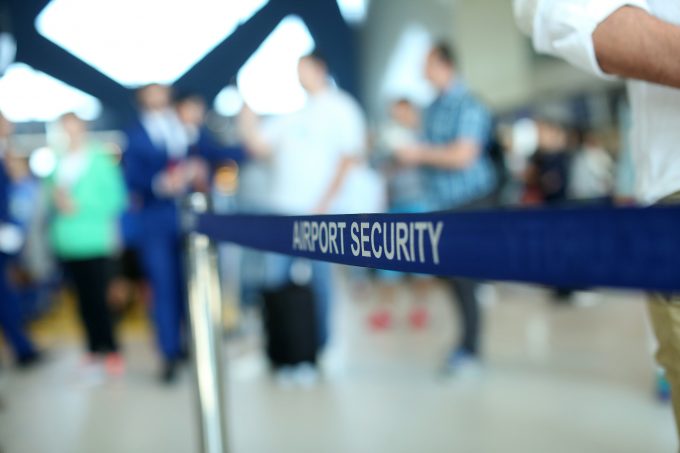'Partial win' for UK supply chains as EC delays potentially disruptive checks
Efforts at restoring EU-UK relations appear to have made some headway, the bloc agreeing to ...
TFII: SOLID AS USUALMAERSK: WEAKENINGF: FALLING OFF A CLIFFAAPL: 'BOTTLENECK IN MAINLAND CHINA'AAPL: CHINA TRENDSDHL: GROWTH CAPEXR: ANOTHER SOLID DELIVERYMFT: HERE COMES THE FALLDSV: LOOK AT SCHENKER PERFORMANCEUPS: A WAVE OF DOWNGRADES DSV: BARGAIN BINKNX: EARNINGS OUTODFL: RISING AND FALLING AND THEN RISING
TFII: SOLID AS USUALMAERSK: WEAKENINGF: FALLING OFF A CLIFFAAPL: 'BOTTLENECK IN MAINLAND CHINA'AAPL: CHINA TRENDSDHL: GROWTH CAPEXR: ANOTHER SOLID DELIVERYMFT: HERE COMES THE FALLDSV: LOOK AT SCHENKER PERFORMANCEUPS: A WAVE OF DOWNGRADES DSV: BARGAIN BINKNX: EARNINGS OUTODFL: RISING AND FALLING AND THEN RISING

To add to what is now becoming a really quite lengthy list of businesses that may be screwed in the event of a no-deal Brexit – which is looking increasingly likely after the EU’s rejection yesterday of the UK’s ‘Chequers’ deal – comes airports. This interesting article from the Irish Times claims that airports all over Europe will face costs of hundreds of millions of euros and will result in a “highly degraded service”. Security is the main concern – and the ability to offer a seamless flow. New security personnel would need to be hired and trained – a process which takes six to nine months – while terminal infrastructure would need to change. The ACI has, therefore, called on the European Commission to urgently develop contingency plans. While the article focuses on passengers, there is no doubt that cargo will also be affected.
Comment on this article